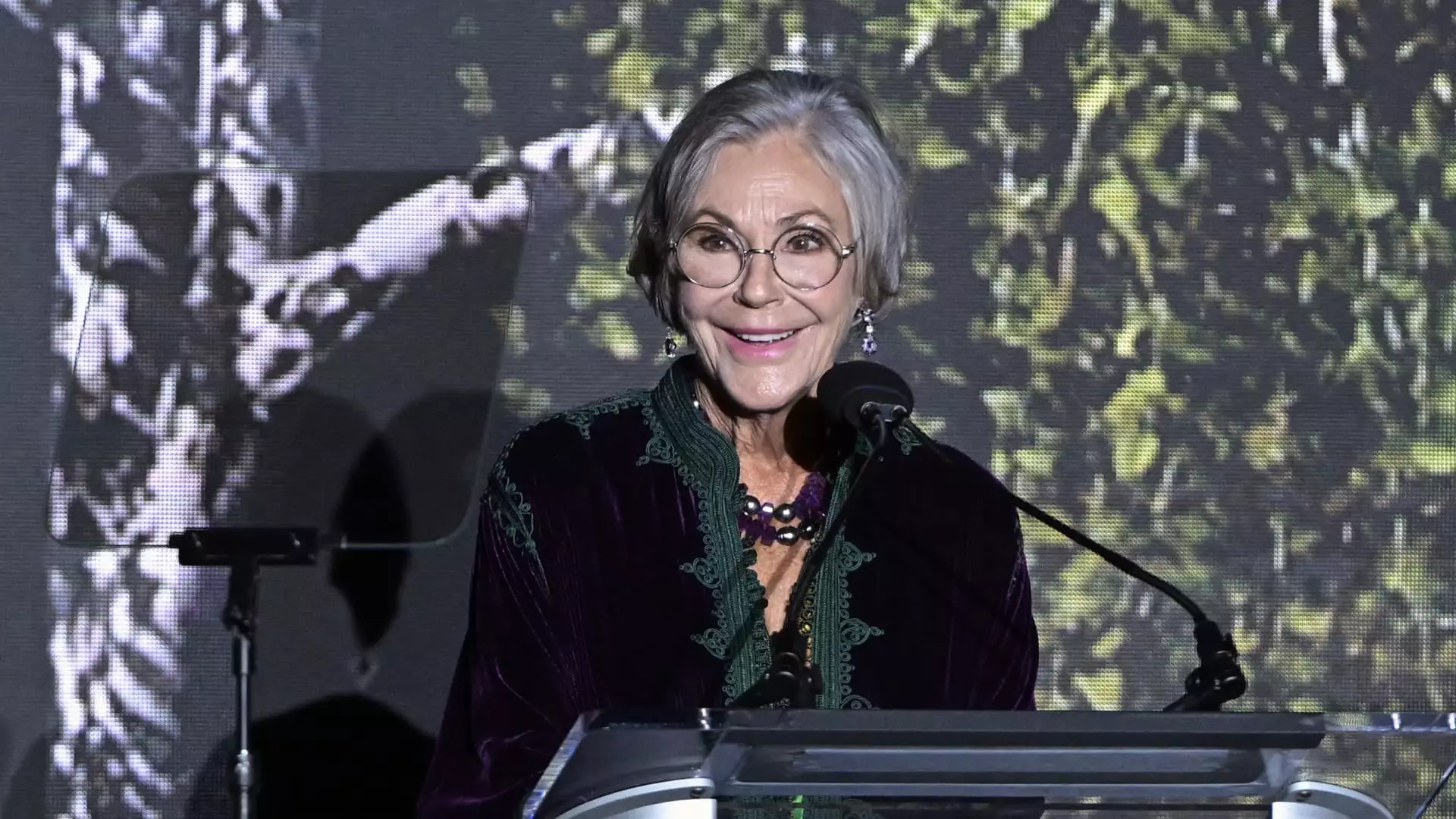The ever-evolving dynamics of wealth distribution are presenting new narratives, particularly as women increasingly carve out a significant space within the upper echelons of the billionaire class. Recent findings from the Altrata Billionaire Census reveal that out of a staggering 3,323 billionaires worldwide, women make up about 13% of this elite group, totaling 431 individuals. Although this percentage appears modest at first glance, the trajectory of women’s accumulation of wealth has shown a notable upward trend over the past decade, challenging traditional perspectives on wealth and philanthropy.
A crucial factor driving the rise of women among the ranks of billionaires is the legacy of wealth passed down through generations. The report indicates that approximately 75% of female billionaires have inherited at least a part of their fortunes, a striking contrast to only 5% of their male counterparts. This statistic underlines a significant demographic reality: while many men thrive through self-made ventures, women’s wealth is predominantly intergenerational. Among these wealthy women, notable figures like Alice Walton, Julia Flesher Koch, and Françoise Bettencourt Meyers are testament to this legacy of inheritance, collectively amassing fortunes exceeding $250 billion.
The Great Wealth Transfer, anticipated to bring a remarkable $30 trillion to women in the next decade, further emphasizes the profound implications of this trend. As inheritance continues to play a pivotal role in wealth accumulation, it is essential to consider how this wealth translates into influence and responsibility.
Distinct from their male counterparts, women billionaires display a notable inclination towards philanthropy. Reports suggest that nearly 20% of female billionaires dedicate a significant portion of their professional time to nonprofit organizations, a stark contrast to just 5% of men who take a similar approach. This trend highlights a broader cultural shift; with inherited wealth often comes a sense of duty to engage in charitable activities. Women’s wealth strategies reflect a keen interest in social issues, welfare programs, and community upliftment.
This philanthropic orientation is no coincidence. Women tend to have “fewer commercial commitments,” allowing more bandwidth to engage in altruistic endeavors. Inherited wealth not only provides substantial financial means but also fosters a strong connection to issues of social justice and equity, and this association influences how wealth is utilized. Given women’s increasing financial clout, their focus on philanthropy could reformulate giving practices around the globe.
The financial portfolios of female and male billionaires unveil even deeper contrasts in investment preferences and wealth management strategies. Women are more likely to hold their wealth in private holdings and cash—a significant departure from the more aggressive stock investments favored by men. Statistics show that women allocate 35% of their wealth to private companies compared to 28% for men, while liquid assets represent 39% of women’s wealth versus 30% for men. The dominance of male billionaires in the tech sector has helped propel their stocks to a prominent position in their portfolios, often leaving women with alternative investments such as luxury real estate and art.
Interestingly, billionaire women are also 1.5 times more likely to possess real estate valued over $10 million, further positioning them within specific asset classes. In contrast, male billionaires’ penchant for material luxuries, such as yachts and private jets, paints a picture of stark differences in lifestyle choices and personal investments.
The hobbies and interests of female billionaires reveal much about their values and priorities. While philanthropy, art, education, and travel dominate the leisure activities of women, men are more inclined towards sports, aviation, and other traditionally male-dominated pastimes. Therein lies a cultural narrative that could pave the way for future generations to embrace more collaborative field engagements across gender lines.
As women navigate the complexities of wealth accumulation and management, their presence in the billionaire club signals an essential evolution within societal structures. The trends suggest not just a numerical increase but a potential transformation in the very fabric of wealth representation, indicating future paradigms where female billionaires may set the tone for socially conscious investment and greater philanthropic involvement.
The growing ranks of female billionaires offer valuable insights into changing wealth dynamics. Their increasing visibility and influence not only challenge conventional norms but also herald a future of collaborative investment in social causes that may redefine philanthropy as we know it.


Leave a Reply